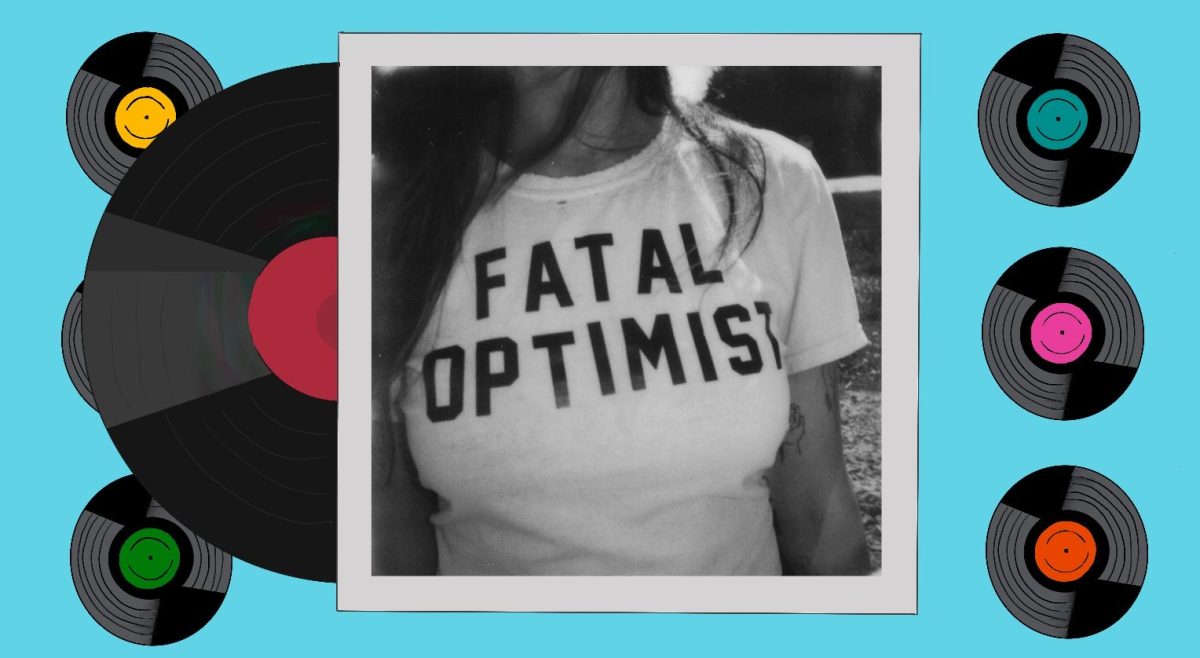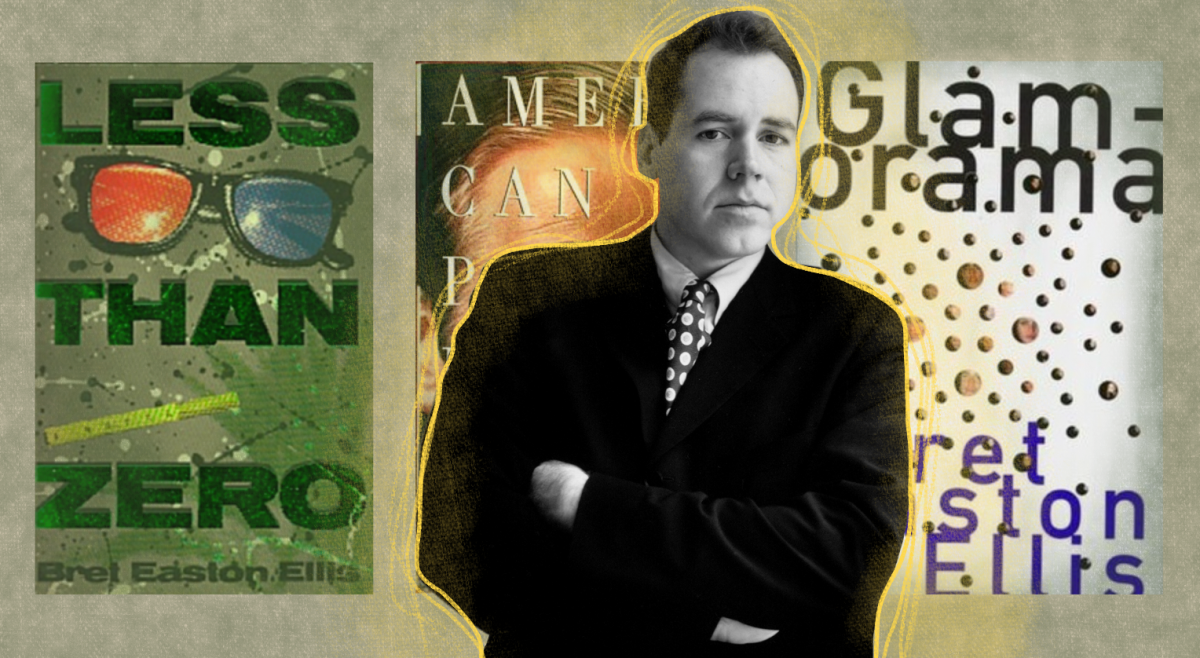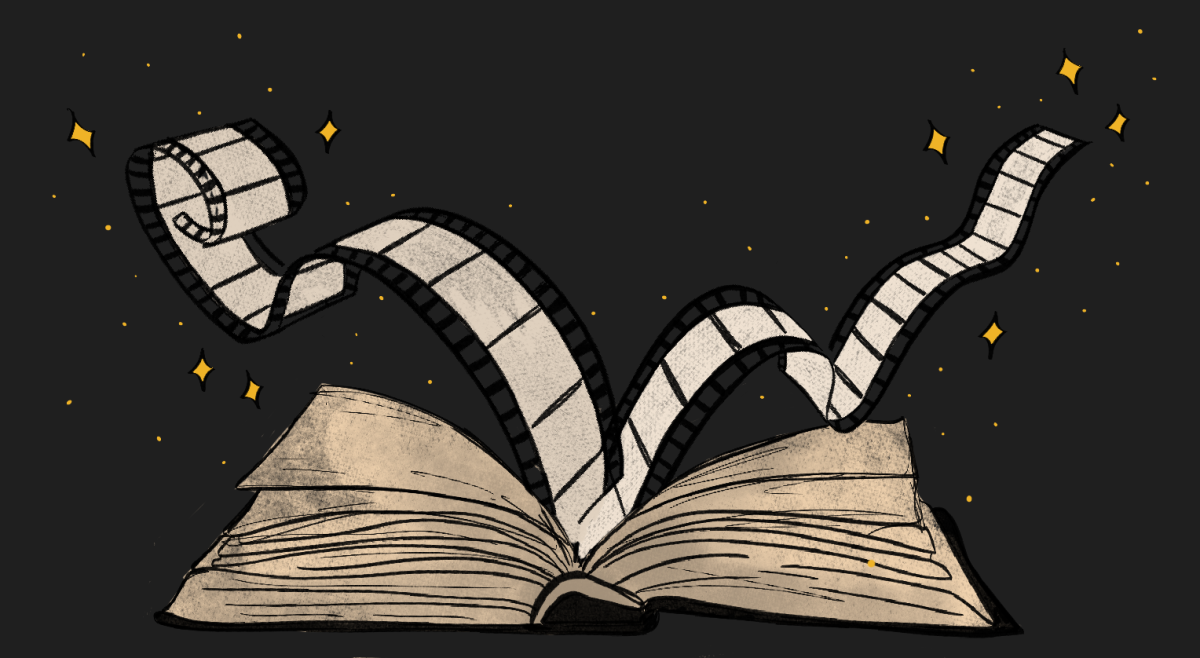A few days ago, a former member of the American rock group Kiss said something in an interview that wasn’t unequivocally stupid. This is perhaps the most newsworthy revelation that this week’s column will contain.
Guitarist Paul Stanley criticized the trend of obnoxious self-absorption and phoniness that is oh-so-evident in former rockers from the Golden Age-era of rock music who have survived to become the oblivious and irrelevant human-raisin hybrids that they are today. In an interview with Billboard, Stanley said, “95 percent of the autobiographies by any of my contemporaries would be better suited on a roll of soft paper.”
Sick burn, Paul Stanley! Wherever did you get the inspiration to compare literature that you don’t appreciate to toilet tissue? Was it while you and the rest of the ’80s were wiping your collective butt with everything decent about Rock and Roll?
Ahem. Sorry about that image.
But in spite of my unrelenting hatred for all things Hair Rock, I do think that Stanley has a point. Rock star autobiographies (or “rock memoirs”) are some of the most blatantly pandering and egomaniacal heaps of sell-out trash ever to grace the New York Times bestseller list. The fact that the same people who rose to fame as part of a revolutionary, energetic, talent-driven movement in music would so readily release dull, redundant, self-obsessed, and ghost-written memoirs for extra cash is an even greater testament to how hopelessly drug-addled “former rockers” are than the memoirs themselves.
Regular and semi-regular readers may find themselves asking: “Why is Matt being so harsh on rock memoirs? Isn’t he more in love with rock music than anybody? Doesn’t he probably own like six biographical novels about The Beatles? Doesn’t he research musicians, like, in his spare time? Like a loser?” The fact is, loyal readers, you’re right: I am that loser. I read the most recent collection of John Lennon’s personal letters. I own The Who documentary, The Kids Are Alright, on DVD. Heck, I even peruse Led Zeppelin’s Wikipedia page to see how many times the phrase “borrowed from Robert Johnson” comes up in reference to their “original” tracks.
I’m not objecting to learning more about an artist, however. What I object to is that people like Keith Richards, Steven Tyler, Gregg Allman, and momma-frikkin’ Gene Simmons get to publish “self-written” novels based solely on the credentials of being “former rockers.”
These are not authors. What they produce is not non-fiction writing. Typically, first-person accounts of rock band rises and break-ups are not only outrageously biased but also ludicrously lacking in self-awareness. I mean, have they forgotten everything that made them successful? Did they forget the anger they felt as young men lashing out against stagnant notions of art and politics and love? Did they forget that sitting on a million-dollar patio with a Mai Tai while you dictate the insipid details of your life story to a for-rent journalist is precisely what they WEREN’T originally about?
They didn’t become icons for being contemplative. Artists like Pete Townshend became successful because he channeled all of his eloquence, skill, and electric resentment through a medium of sheer sexual energy, adrenaline, honesty, and unrelenting externality. Not because he was able to cash in on some 40-year-old fame! That’s, like, everything The Who Sings My Generation is deliberately not!
So in other words, do I think Townshend has some neat experiences and some interesting things to say? Heck yeah, that’s why I’ve listened to his entire discography.
It’s what I’ve always said: just because an artist demonstrates impressive talent in one field doesn’t mean he’s automatically qualified for all things creative. Just because an actress can act doesn’t mean she can sing or write music. Just because a musician can play the drums doesn’t mean he can paint. The challenge of building a creative style and reputation from scratch in a way that can revolutionize a medium is undoubtedly a central theme of most, if not all, of these “rock memoirs.” Isn’t it just so bitterly ironic, then, that their publication relies entirely on shallow self-branding?
So, yes, Paul Stanley, I agree that your bandmates’ accounts of Kiss’ rise to and subsequent fall from fame are probably wildly inaccurate, mediocrely written, and (most importantly) blatant scams. Thanks for saying what’s been on everyone’s minds.
The irony, of course, is that Stanley made this comment-wait for it-in an interview regarding the publication of his own autobiography. Yeah.












